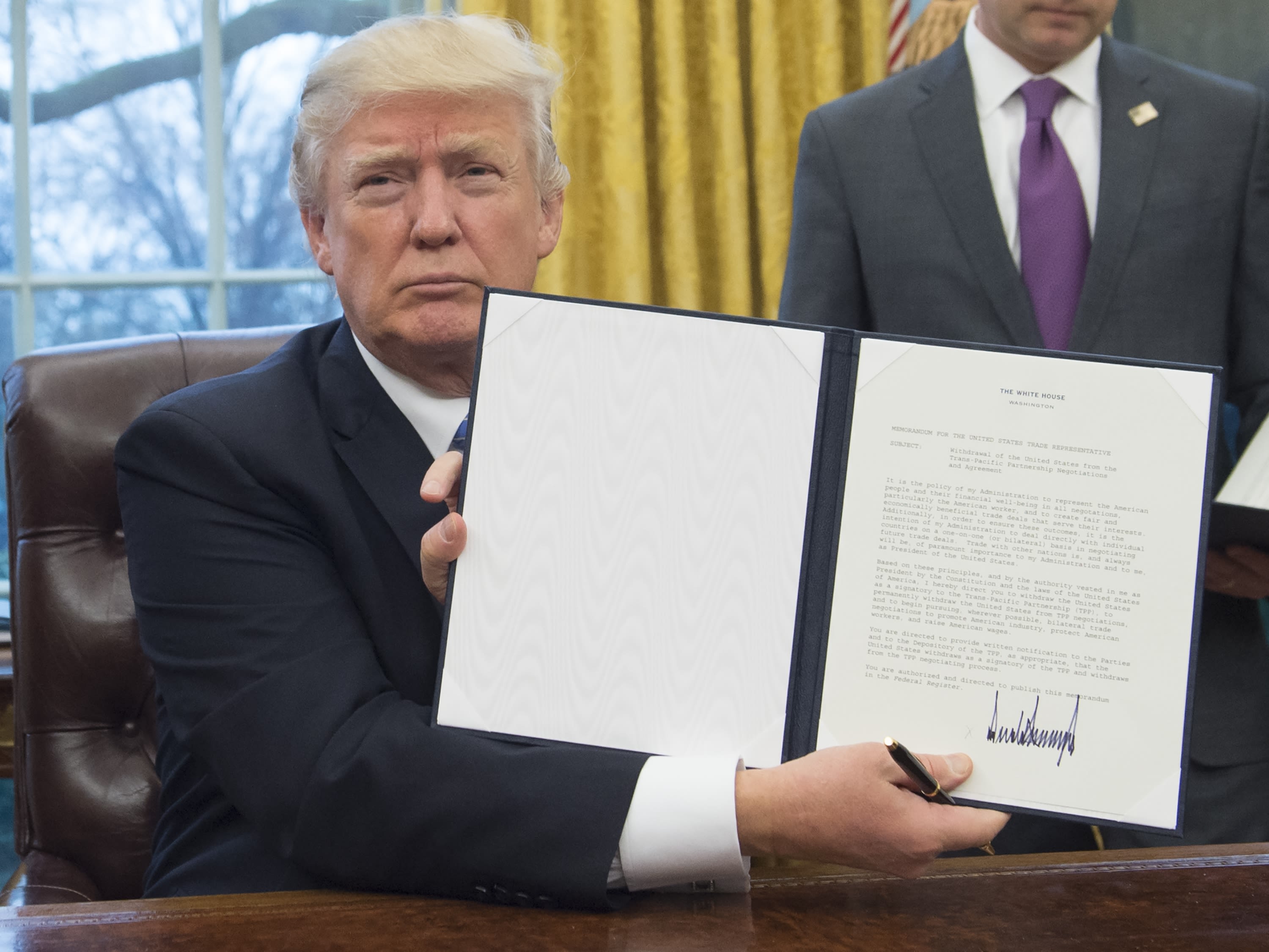The Supreme Court"s recent 6-3 ruling to limit nationwide injunctions is a significant blow to civil liberties, particularly for the most vulnerable among us—children born on U.S. soil to undocumented immigrants and those with temporary status. This decision not only undermines the constitutional protections enshrined in the Fourteenth Amendment, but it also grants unprecedented power to the executive branch, reminiscent of a monarchy.
Majority Decision Fails to Uphold Constitutional Principles
The majority opinion, penned by Justice Amy Coney Barrett, sidesteps the constitutional issues at stake, claiming that federal courts lack the authority to issue universal injunctions. This ruling effectively allows President Trump to enforce his anti-birthright citizenship executive order without the checks and balances that are supposed to safeguard our liberties. The majority argues that universal injunctions exceed the equitable authority Congress has granted to federal courts, yet this reasoning appears to prioritize administrative convenience over constitutional rights.
Dissenting Justices Sound Alarm on Rule of Law
Justice Sonia Sotomayor, in her powerful dissent, highlights the precarious nature of this ruling, arguing that it sets a dangerous precedent for future administrations. Sotomayor contends that “no right is safe in the new legal regime” created by this decision. Her warnings echo through the corridors of history; if the Court can dismiss the rights of one group today, who is to say that others will not be next? This ruling opens the door for future administrations to impose arbitrary restrictions on various civil rights, akin to what could happen with voting rights or freedom of assembly.

Supreme Court Justice Barrett describes coming home with ...
Implications for Immigrant Communities and Beyond
The decision to limit the scope of federal courts to issue nationwide injunctions is particularly troubling for immigrant communities. The ruling not only perpetuates a culture of fear among those who rely on birthright citizenship for their children"s future but also emboldens the executive branch to act with impunity. This creates a chilling effect on the judiciary"s ability to provide a check on executive overreach, fundamentally altering the balance of power envisioned by the Founding Fathers. As reported by The New York Times, the decision has the potential to affect hundreds of thousands of children across the nation.
Potential for Future Legal Battles
The Supreme Court"s ruling invites a wave of litigation from those who oppose the executive order, but it also compels lower courts to navigate the treacherous waters of constitutional interpretation without the benefit of universal injunctions. As Sotomayor pointed out, this decision could result in a situation where the onus falls on victims to invoke the law"s protections, raising the question: what is the purpose of the Constitution if it does not safeguard the rights of all citizens?

Executive orders: One thing you need to know
Civil Liberties Under Siege
Justices Sotomayor and Ketanji Brown Jackson"s dissents paint a grim picture of a judiciary that has abdicated its responsibility to uphold the rule of law. Jackson"s assertion that this ruling could lead to unchecked executive power is particularly alarming. The implications of this decision extend beyond birthright citizenship; it threatens the very fabric of our democracy. If the Court can dismiss well-established legal precedents without due consideration, it sets a precedent that could dismantle decades of progress in civil rights.
As reported by The Washington Post, this ruling marks a pivotal moment in the ongoing struggle for civil rights in America. The ramifications of this decision will echo through our legal system for generations, as the fight for birthright citizenship and broader civil liberties now faces an uphill battle against a judiciary that seems willing to compromise constitutional integrity for political expediency.

![[Video] Anti-ICE Protester Pepper Sprayed as CBP Agents Disperse Crowd in Minneapolis](/_next/image?url=%2Fapi%2Fimage%2Fthumbnails%2Fthumbnail-1768260677127-y71sb7-thumbnail.jpg&w=3840&q=75)

![[Video] Several injured as U-Haul truck drives through Iranian protestors in Los Angeles](/_next/image?url=%2Fapi%2Fimage%2Fthumbnails%2Fthumbnail-1768176682028-q95y6j-thumbnail.jpg&w=3840&q=75)
![[Video] Scuffle breaks out between Trump supporters and Anti-ICE protesters in Times Square](/_next/image?url=%2Fapi%2Fimage%2Fthumbnails%2Fthumbnail-1768165958203-hgcgb-thumbnail.jpg&w=3840&q=75)


![[Video] Gunfire between Iraqi security forces and Sadr militias in Baghdad](/_next/image?url=%2Fapi%2Fimage%2Fthumbnails%2Fthumbnail-1768343508874-4redb-thumbnail.jpg&w=3840&q=75)
